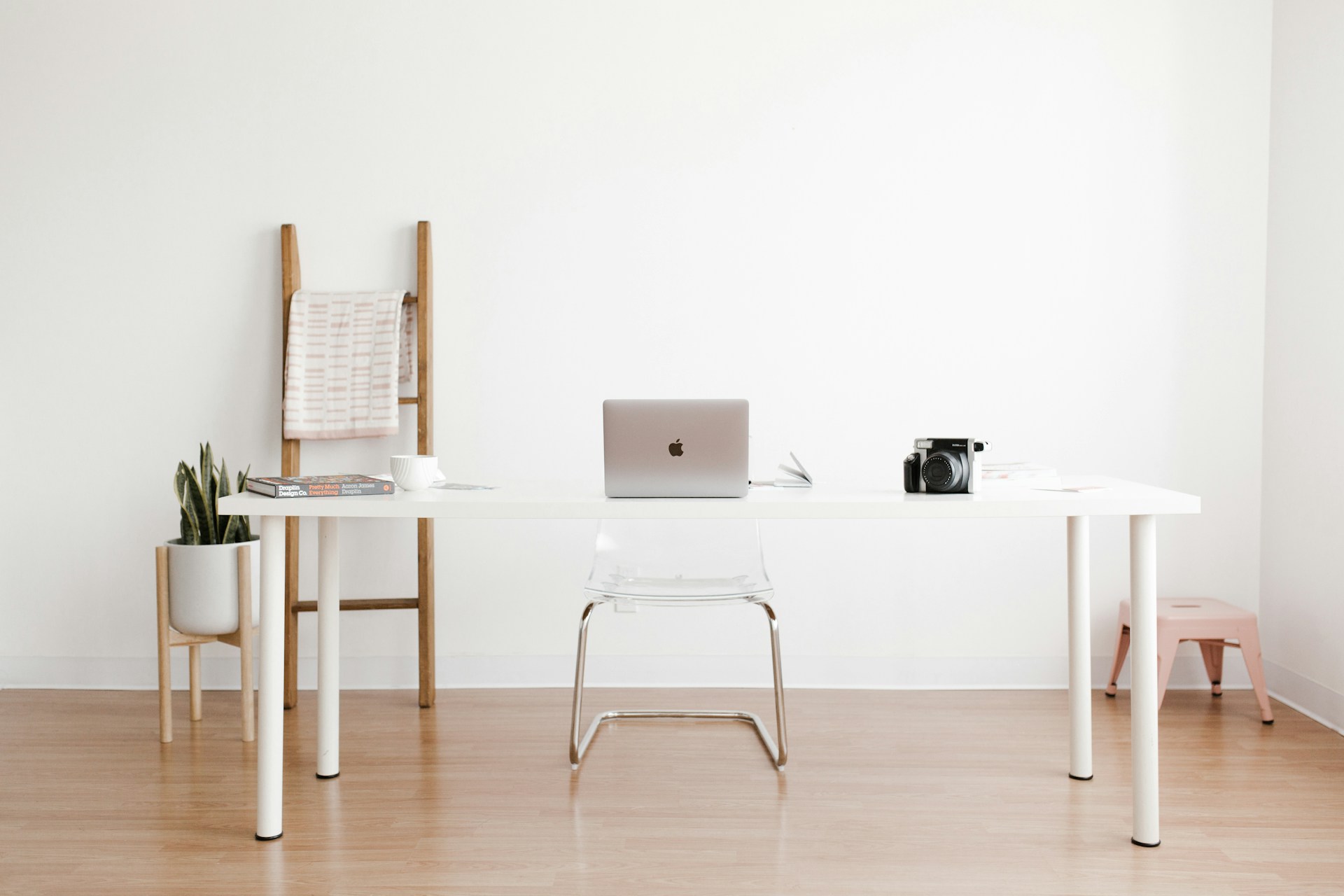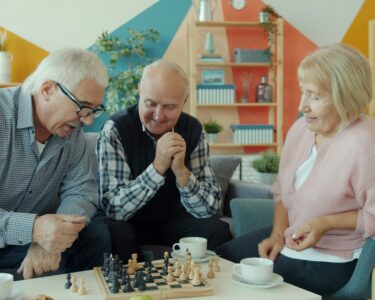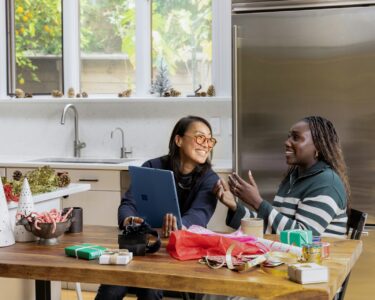The word “minimalism” often conjures images of stark white rooms, empty surfaces, and a life stripped of comfort. But true minimalism isn’t about deprivation it’s about intention. It’s the art of making space for what truly matters by removing what doesn’t. When approached thoughtfully, minimalism can revolutionize both your physical environment and mental health, creating a sense of freedom rather than loss.
Reframing Minimalism: Abundance Through Subtraction
The cultural narrative around minimalism has been skewed by extreme examples: people who own only 100 items, homes that look like they’re staged for sale, or lifestyles that feel punitive. This misses the essence of the philosophy entirely. Minimalism isn’t a number or an aesthetic it’s a framework for decision-making that prioritizes quality over quantity and purpose over accumulation.
Think of it this way: when a garden is overgrown, you don’t see it as “depriving” the garden to prune it. You’re creating conditions for the healthiest plants to flourish. Your living space works the same way. Every object you keep should either serve a function or bring genuine joy. Everything else is just noise.
The Mental Weight of Physical Clutter
Research in environmental psychology has consistently shown that cluttered spaces contribute to elevated cortisol levels, decreased focus, and increased feelings of overwhelm. When your environment is chaotic, your mind mirrors that chaos. You’re constantly processing visual information, making micro-decisions about what to ignore, and experiencing low-grade anxiety about tasks undone.
Consider the daily friction of clutter: searching for lost keys, feeling guilty about unused purchases, or simply feeling unsettled in your own home. These small stressors compound. Minimalism addresses this by reducing the cognitive load your environment places on you. Fewer possessions mean fewer decisions, less maintenance, and more mental bandwidth for what actually matters to you.
Starting Without Sacrifice: The Gentle Approach
The key to minimalism that doesn’t feel like deprivation is starting with obvious excess rather than cherished possessions. Begin with the items that already feel like dead weight:
Expired products and broken items should be the first to go. That drawer of dried-out pens, expired medications in your cabinet, or clothing with holes you’ll never mend these aren’t serving you, and releasing them requires no emotional labor.
Duplicates and multiples are next. You don’t need eight wooden spoons or fifteen coffee mugs if you live alone. Keep your favorites and let the rest go to someone who needs them. This isn’t loss; it’s optimization.
Aspirational items deserve honest evaluation. That bread maker you’ve never used, the guitar gathering dust, the formal dress you’ve kept “just in case” for five years these objects represent who you thought you’d be, not who you are. Releasing them is an act of self-acceptance, not defeat.
Creating Systems That Sustain Clarity
Minimalism fails when it becomes another form of perfectionism. The goal isn’t to achieve some pristine state and maintain it forever it’s to create systems that naturally prevent accumulation and make maintenance effortless.
The one-in-one-out rule prevents creep without requiring constant vigilance. When something new enters your home, something old leaves. This keeps your possessions in equilibrium and forces you to consider whether you truly need something before acquiring it.
Designated homes for categories eliminate the daily treasure hunt. Keys always go in one bowl. Mail gets sorted immediately at a station by the door. When everything has a place, returning items becomes automatic rather than a chore you avoid.
Regular maintenance rituals keep minimalism sustainable. A ten-minute Sunday evening reset, a quarterly closet review, or a monthly digital declutter prevents the gradual accumulation that leads to overwhelm. These small habits compound into lasting change.
The Paradox of Space: How Less Creates More
One of minimalism’s most surprising benefits is how it expands your sense of space without adding square footage. A room with less furniture actually feels larger and more versatile. A closet with fewer clothes makes getting dressed easier, not harder, because you eliminate decision fatigue and see your options clearly.
This principle extends beyond the physical. A calendar with fewer commitments gives you time to be spontaneous or to truly rest. A phone with fewer apps reduces the compulsion to constantly check for notifications. Digital minimalism curating your information diet might be even more impactful than physical decluttering in our attention-scarce world.
Addressing the Fear of Regret
The most common resistance to minimalism is the “what if I need it someday” fear. This anxiety is valid but usually misplaced. Studies on decision-making show that people consistently overestimate how often they’ll need items they rarely use and underestimate their ability to problem-solve when needs arise.
Consider implementing a probation period for uncertain items. Box them up, date the box, and if you haven’t retrieved anything from it in six months, donate it unopened. Most people forget what’s even in the box, revealing how little those items mattered.
For genuinely expensive items you might need occasionally, remember that rental and borrowing economies exist. Renting a carpet cleaner once a year costs less than storing one for a decade. Community tool libraries and buy-nothing groups mean you can access resources without permanent ownership.
Minimalism as Self-Knowledge
Perhaps minimalism’s greatest gift isn’t the space it creates but the self-awareness it cultivates. As you make conscious decisions about what stays and what goes, you develop a clearer picture of your values, your habits, and your true needs versus conditioned wants.
You might discover that you keep clothes that make you feel bad about your body, or that half your possessions relate to hobbies you’ve outgrown. You might realize that you’re keeping things out of obligation gifts you don’t like, inherited items that don’t suit you, or purchases that represent sunk costs rather than current value.
This process of examination extends beyond objects. You might start questioning commitments, relationships, and beliefs with the same discernment. Minimalism becomes a practice of aligning your external life with your internal values.
The Luxury of Enough
Consumer culture thrives on manufactured dissatisfaction the message that you’re always one purchase away from happiness, organization, or the life you want. Minimalism is a radical rejection of this narrative. It’s the recognition that enough is not only sufficient but liberating.
When you stop acquiring, you stop working to acquire. When you stop maintaining excess, you reclaim time. When you stop comparing your space to curated images online, you find contentment in what is. This isn’t deprivation it’s the profound relief of stepping off the treadmill.
Practical Steps to Begin Today
Start with one drawer, one shelf, or one category of items. Choose something emotionally neutral Tupperware or office supplies rather than photographs or sentimental objects. Experience the satisfaction of one clear space before tackling more complex areas.
Take before photos. The human eye adjusts quickly, and you’ll forget how cluttered things were. These images become powerful motivation when you feel stuck or discouraged.
Focus on what you’re gaining ease of cleaning, peace of mind, time saved rather than what you’re losing. Keep a running list of these benefits as you notice them. They accumulate faster than you’d expect.
The Transformation You Didn’t Know You Needed
Minimalism’s true transformation isn’t visible in before-and-after photos. It’s the quiet moment when you realize you’re no longer anxious about people dropping by unexpectedly. It’s the weekend morning when you choose to rest instead of organizing because everything already has a place. It’s the subtle shift from “I can’t afford that” to “I don’t need that” from scarcity to sufficiency.
Your living space becomes a sanctuary rather than a source of stress. Your mind gains the clarity that only comes when your environment stops competing for attention. And perhaps most importantly, you rediscover what you actually value when it’s no longer buried under everything else.
Minimalism doesn’t require perfection, extremes, or sacrifice. It requires only the courage to question what you’ve accumulated and the willingness to let go of what no longer serves you. In return, it offers something far more valuable than any possession: the freedom to live intentionally in a space both physical and mental that truly supports the life you want to lead.






